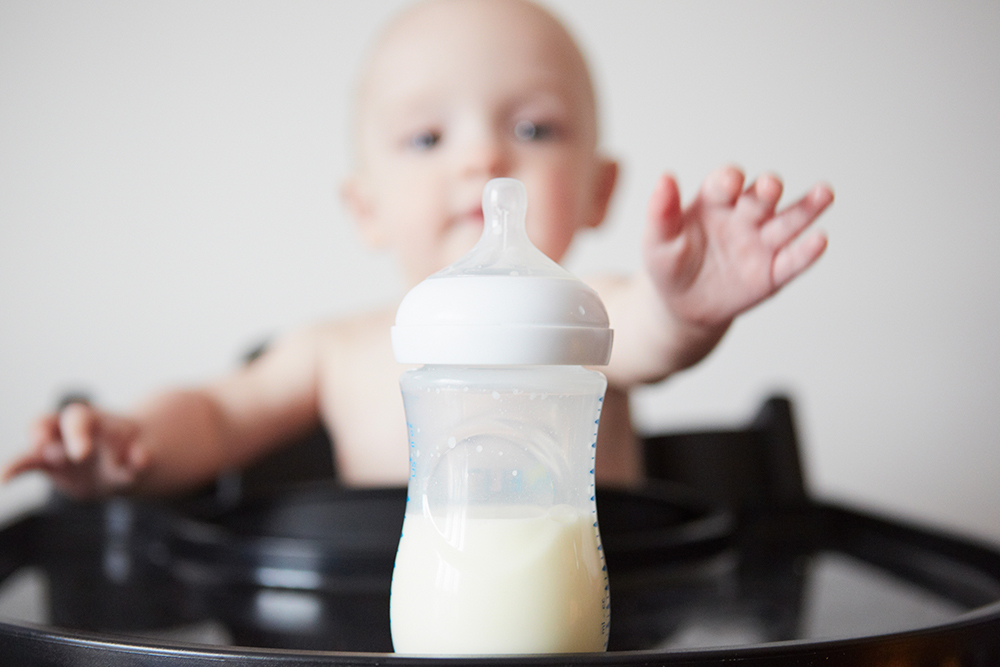
Well, this is kind of scary: Your BPA-free plastic bottles may not be as safe as you think, according to a new study.
After decades of animal research linked BPA (Bisphenol A) to problems with brain and reproductive development, early puberty, and a rise in both breast and prostate cancer, many manufacturers started replacing the chemical with "BPA-free" plastic alternatives, the most common of which is BPS (Bisphenol S).
But when researchers at UCLA exposed zebrafish to low levels of both BPA and BPS, and looked at the impact of the chemicals on genes and brain cells that control reproduction, they found that low levels of BPS had a similar impact on the embryo as BPA.
"In the presence of either BPA or BPS, embryonic development was accelerated," senior author and reproductive endocrinologist Nancy Wayne told CNN. "Additionally, BPA caused premature birth."
The study also found both BPA and BPS affected the thyroid hormone system. "Because of thyroid hormone's important influence on brain development during gestation," Wayne said, "our work holds important implications for general embryonic and fetal development, including in humans."
In 2012, the FDA banned the use of BPA in all baby bottles, sippy cups, and infant formula packaging because the manufacturers had already dropped BPA—which can leach into food, particularly under heat—in favor of "safer" alternatives like BPS, which is why Wayne calls these findings "frightening and important."
"Consider it the aquatic version of the canary in the coal mine," she said. "BPS is not harmless. Consumers should be cautious about the assumption that 'BPA-free' means a product is safe."
Hollee Actman Becker is a freelance writer, blogger, and a mom. Check out her website holleeactmanbecker.com for more, and follow her on Twitter at @holleewoodworld.
